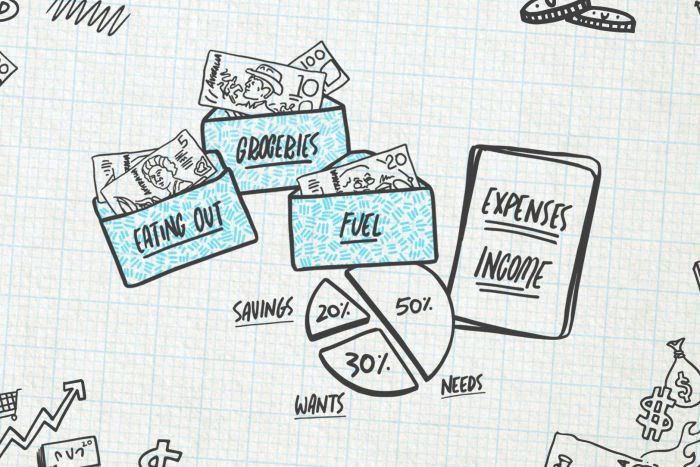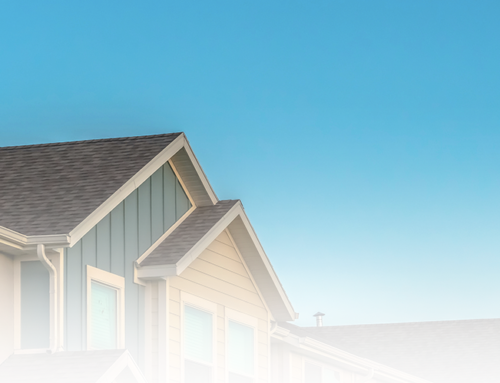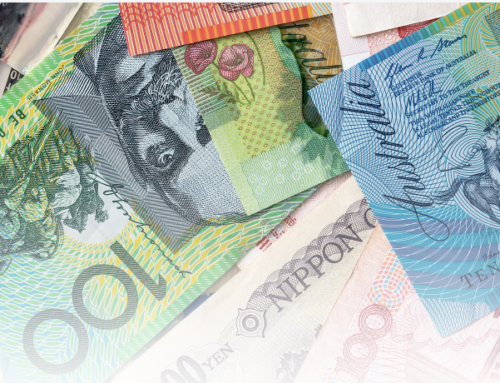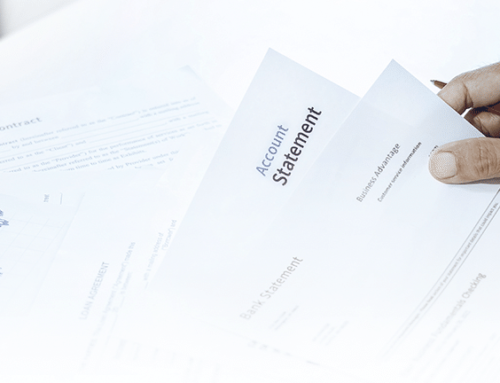I love this article by Bridget Judd. here>
It is honest, open and shows the struggle many of us go through when we need to make financial adjustments.
Ways to keep more
And there are many threads we could explore and do a deep dive (society telling us to live for the now, what happens when you live pay cheque to pay cheque, the opportunity for financial headway when you are still young and expenses are low, the seduction of consumer marketing, where is the advice from parents and previous generations, going to different people for advice to get more than one solution, the dream of owning a home, …..)
————————————————————————————————–
…..Find out what we can do for you….
————————————————————————————————–
The one that I would like to focus on is Tinkering with Expenses. Bridget mentions that Tinkering with her expenses would be the next best step towards financial prosperity.
How true that is! The options to increase affordability are increasing your income and reducing your cost. Not much else will convince the banks…. Increasing your income requires you to either:
- Talk to your boss and getting a pay rise
- Change jobs for a better package
- Start a side hustle
Nothing wrong with any of those ideas but they are not quick fixes or easy. The job options require somebody else to agree and the side hustle requires a plan, time, an idea or product and marketing.
As an alternative, looking at your expenses will drop the same dollar to your bottom line and much quicker! No need to get someone else involved, no need to ask permission, just have a good look at where your money is going now and reduce some discretionary spending. And a dollar saved can actually count for two as it is an after tax dollar. To get the same dollar by earning more, you might have to (depending on your income) earn $2.
A good money coach or mortgage broker will do this with you. Help you map where your money is going and then work with you to find areas to save. You start with fixed expenses like rent or mortgage payments, rates, strata, groceries, … Then variable but required like transport, utilities, clothing, repairs etc. Next is discretionary and savings. Savings is mentioned last but needs to come first actually. It’s a mixed up world…









Leave A Comment